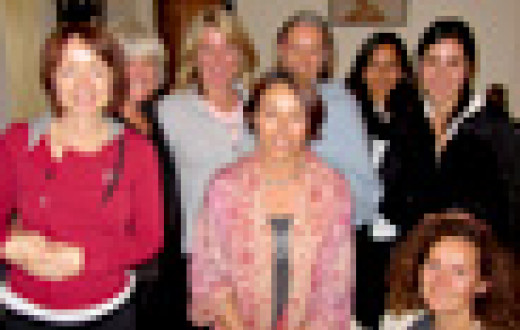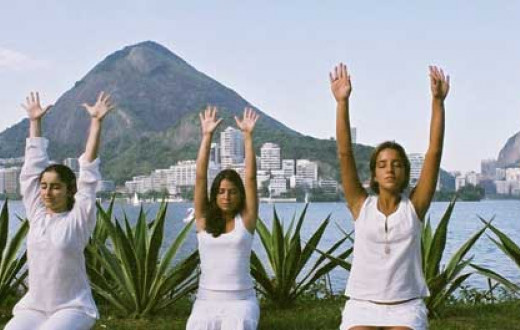Patanjali Yoga Sutra Knowledge Sheet 44
Contd. from knowledge sheet 43
(I Sutra 47)
“Nirvachara vaisharadye adhyatma prasadaha”
Nirvichara = thoughtless, a state of being hollow and empty; vaisharadye = undisturbed pure flow; adhyatma = spiritual; prasadaha = grace
“The experience of the state of thoughtlessness, being in the undisturbed state of hollow and empty, spiritually brings the grace of the being.”
More and more experience of the thoughtless state of mind brings adhyatmaprasadaha – Grace of the Divine Lord. Grace of the Soul gets manifested. Adhyatmaprasadhaha. Spiritual awakening, spiritual blossoming happens more and more, being hollow and empty spiritually. Nirvicharavaisharadye – mastery over hollow and emptiness. Nirvichara is really hollow and empty. Adhyatmaprasadaha – grace of the being, the inner most, comes home, blossoms.
(I Sutra 48)
“Ritambharatatrapragna”
Ritambhara = intuitive knowledge, tatra = there, pragna = consciousness
“There the consciousness is full of intuitive knowledge.”
That awareness is with the special knowledge. Ritambhara intuitive knowledge. The knowledge which is flawless, which is beyond time, which is steady, and which is benevolent. Ritambhara, full of truth. The truth state of consciousness.
This is different from –
(I Sutra 49)
“Shruta anumana prajnabhyam anyavishaya vishesharthvat”
Shruta = heard; anumana = inferential; prajnabhyam = understanding intellectually; anya = different; vishaya = subjects; vishesharthvat = special meaning
“It is a special knowledge which is different from what you have heard, inferred, or understood intellectually.”
This is different from the one which you have heard or you have guessed. The knowledge which comes from the depth of the being is different from the one which you have read, which you have heard, or which you have guessed through the intellectual sense. Shruta anumana pragnabhyam anya vishaya vishesharthvat. It is different from everything else and very special.
(I Sutra 50)
“Tajjaha samskara anyasamskara pratibandhia”
Tajjaha = born from; samskara = impression; anya = other; pratibandhia = bonding
“The impression born from the experience of the highest state of consciousness can wipe out other impressions which cause bondage.”
Impressions of that state of consciousness can wipe out all other impressions in the mind which are useless, which are not necessary. To some degree, this keeps happening to all of you. Five percent, ten percent, fifteen percent, twenty percent, fifty percent, eighty percent. In the very first sitting of meditation, when you started, you erased something of the past. The deeper you do, the more hollow and empty you become; you feel that you are a different person, a new person. Many come up with this experience, "Oh, I feel totally different, changed. I am not the same person." What has happened? It has been removed, erased. The other samskara, the other impressions from the mind are removed. It makes you new, it renews you again and again.
Often, you would have experienced that when you remember the past, you are not the same person. That was not you, you feel, as though you are not at all connected to that person who did those jobs. How many of you feel this way? Whatever you did 15, 20 years ago, turn back and see. You will wonder, “Am I the same person? I did not do it. Somebody else did it”. Why? This is because the samskara of your consciousness has been erased, those things of the past have been erased. This makes you a new person, every time, every day. This is pure knowledge. If someone holds on to you for something what you did in the past, just laugh at them. This is because you are not the same person now. You see it as though somebody else did it.
<< Gateway to Spiritual Compassion is forgiving someone without them knowing it >>
(This is part of a series of knowledge sheets based on Gurudev Sri Sri Ravi Shankar's commentaries on Patanjali Yoga Sutras.)



























